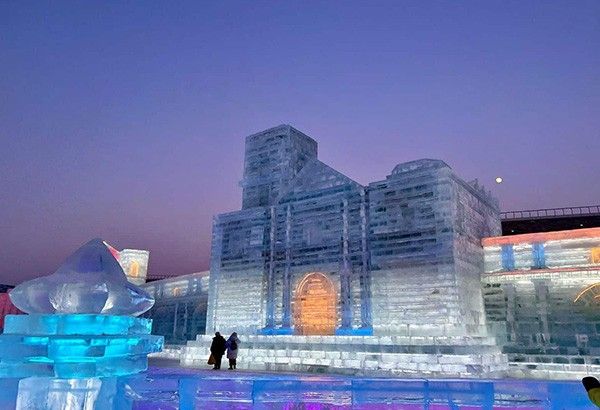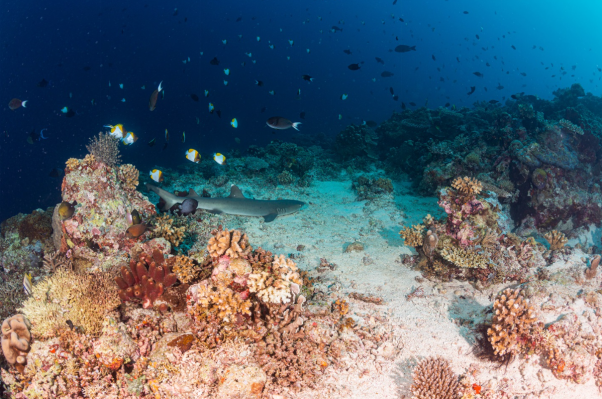The Philippines has reached a milestone in biodiversity preservation with three of its natural parks now included in the ASEAN Heritage Parks (AHP) list. The addition of Apo Reef Natural Park, Turtle Islands Wildlife Sanctuary, and Balinsasayao Twin Lakes Natural Park brings the country’s total to 14 parks on the prestigious list. These parks now stand among the five newest additions to the AHP roster, joining 62 other protected areas across Southeast Asia. The other new entries are Laos’ Phou Xieng Thong National Protected Area and Nam Poui National Protected Area.
What Is the ASEAN Heritage Parks List?
The AHP, managed by the ASEAN Centre for Biodiversity (ACB), recognizes protected areas for their ecological, cultural, and economic value. Being part of this list opens opportunities for these areas to share best practices in biodiversity management, participate in regional conservation projects, and collaborate with global environmental partners.
Discovering the 3 New Philippine AHP Parks
- Apo Reef Natural Park
Located in Occidental Mindoro, Apo Reef is the largest coral reef system in the Philippines and the second-largest in the world, spanning over 27,000 hectares in the MIMAROPA region. It’s a vibrant marine ecosystem home to:- 482 fish species
- 63 coral genera
- Rare marine creatures like dugongs and whale sharks
This underwater haven is not only a biodiversity hotspot but also a critical natural carbon sink that helps fight climate change.
- Turtle Islands Wildlife Sanctuary
Situated in Tawi-Tawi, this sanctuary is the only major nesting ground for Green Sea Turtles in Southeast Asia. Over the past 29 years, it has recorded:- 414,529 turtle nests
- 281 flora species
It is a vital location for preserving the Green Sea Turtle and Hawksbill Turtle populations, essential for maintaining marine biodiversity.
- Balinsasayao Twin Lakes Natural Park
Nestled in Negros Oriental, the Balinsasayao Twin Lakes are a haven for endangered and endemic species. The park boasts:- 325 fern species
- 237 tree species
- 27 mammal species
- 209 bird species, including 14 globally threatened species
This area is crucial for its role in conserving biodiversity while also acting as a natural defense against climate change.
Parks That Help the Planet
The Climate Change Commission (CCC) emphasized the environmental significance of these parks. They absorb carbon dioxide, act as natural barriers against extreme weather, and regulate global temperatures. According to CCC Executive Director Robert Borje, these areas are essential for climate change mitigation and community protection.
Borje also called for sustainable practices like reducing pollution and overfishing to protect these marine and terrestrial ecosystems.
A Legacy of Conservation
Since its establishment in 1984, the AHP program has underscored the importance of these natural treasures in biodiversity conservation efforts. With the recognition of these three parks, the Philippines continues to showcase its rich ecological heritage and its commitment to safeguarding it for future generations.


















